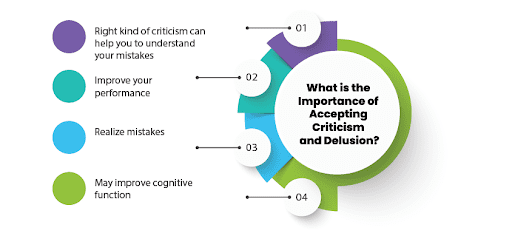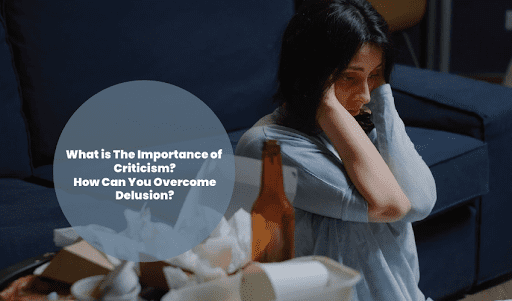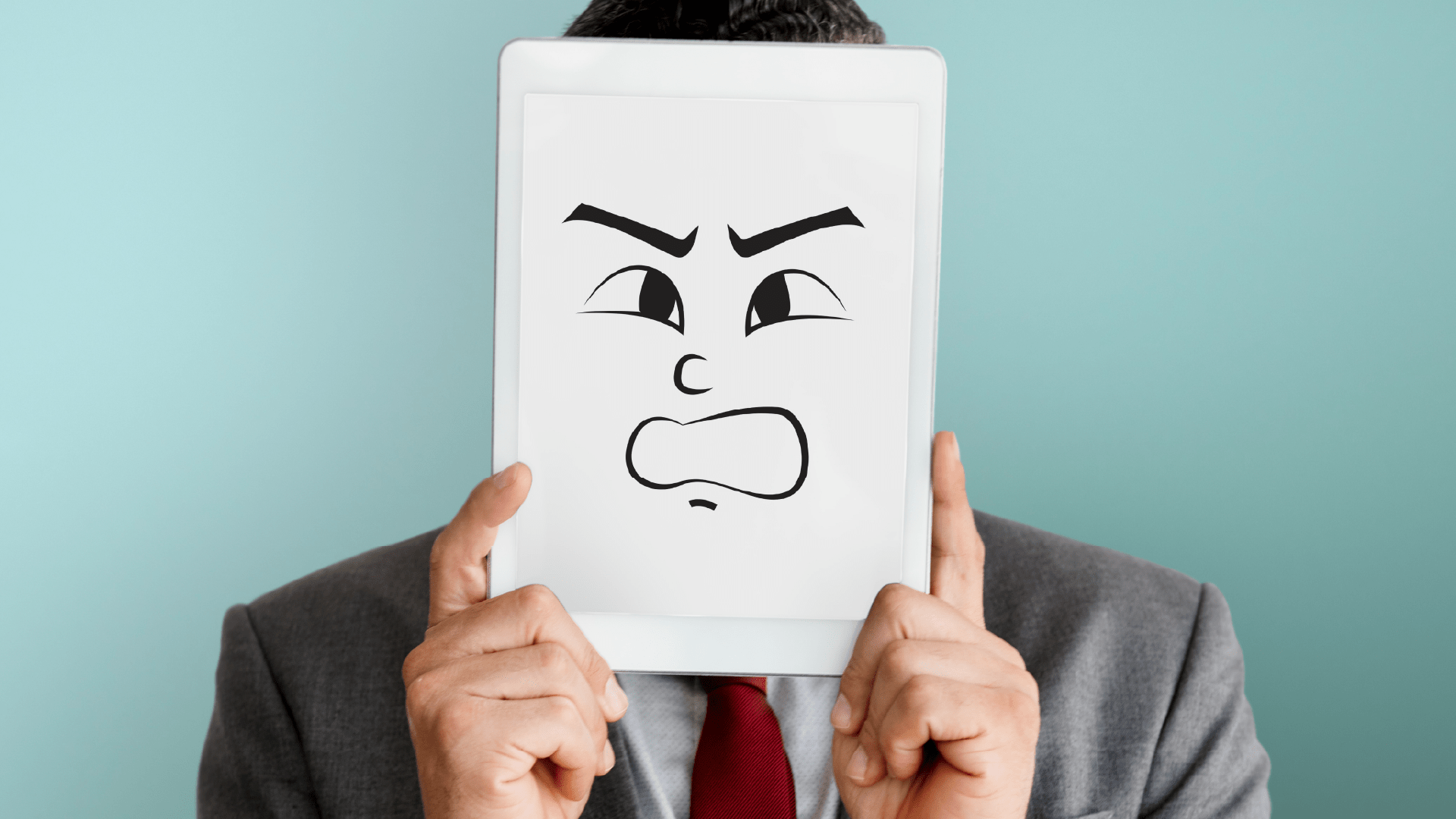Introduction
In today’s complex world, where stress and anxiety have become common, the importance of accepting criticism is a matter of concern. When you criticise someone, you express disapproval for that person based on preconceived notions or committed mistakes. You tend to be critical when you have delusions about a person or hold a false idea about them.
Our Wellness Programs
What is criticism?
Criticism is the judgment you pass on a person based on your preconceived notion of that person. Criticism need not always be in a negative sense. People may not necessarily criticise only to find faults with you. However, most think of criticism as an expression of disapproval, objection, or prejudice. If we take criticism in the wrong sense, it could lead to resentment and anger. Continuous criticism could also lead to mental disorders like delusions and depression.
Criticism can destroy relationships when you criticise a person rather than their behaviour. Criticism can be detrimental to mental health when filled with blame, disapproval, or belittling of someone. Criticism becomes difficult to accept when the purpose of criticism is not focused on improving the person in question. Criticisms fail because they demand submission, while you may not like to submit in front of others. The objection also fails because the criticism of the person devalues it.
Looking for services related to this subject? Get in touch with these experts today!!
Experts

Kirti Bajpai

India
Psychologist
Experience: 5 years

Mansi Chawla

India
Psychologist
Experience: 12 years

Sapna Zarwal

India
Psychologist
Experience: 19 years

Davis Emerson

India
Psychologist
Experience: 6 years
What is delusion?
Delusion is a mental disorder or psychosis where the person is involved in bizarre misinterpretations. If you have delusions, you might believe in something that is not true and have hallucinations where you might hear voices or feel bugs in your clothes.
How do Accepting criticism and delusion relate to each other?
Criticism and delusion relate to each other negatively. Constant criticism or disapproval of the person might lead to misconceptions. The person in question might develop the wrong notion that an evil intention lace the criticism. Even if it is for our good, we may find it difficult to let go of our wrongful convictions.
For example, if your teacher criticises you daily for not studying properly, you might develop the delusion that your teacher wants you to fail in class. No amount of persuasion that your teacher’s intentions are good will deter you from your standpoint. Over time, you will avoid the teacher’s lessons and might even stop attending school. You might even think the teacher conspires with the principal or your parents to fail you.

What is the importance of accepting criticism and delusion?
Accepting criticism can be brutal.
- It becomes hard to cope with criticism because no one likes being told that you are wrong or at fault. But the right kind of criticism can help you to understand your mistakes.
- For example, if your teachers highlight the errors you have made in your assignments, they are doing it with a good intention to help improve your performance.
- Feedback is always beneficial. You will never realise your mistakes if you do not receive criticism.
- Accepting delusions is complex because you start believing in the wrong notions. No amount of persuasion can deter you from disbelieving it. However, you can accept delusions through cognitive behavioural therapy or C.B.T. The therapist will help you realise that what you believe is not the truth.
- The therapist will help you accept delusion and introduce you to methods of tackling them.
How do you overcome Accepting criticism and Delusion?
Criticism can be overcome by remaining calm instead of becoming defensive. You have to control your temptation to criticise back. You have to take criticism positively. You can also overcome criticism by learning from your past mistakes.
Delusional disorder is a mental disorder in which you cannot differentiate between the real and the imagined. You can overcome a delusion through treatment and therapy. It is challenging to overcome delusion through medication alone. Therefore, sessions of psychotherapy are equally important. You can control the symptoms of delusion through treatment and even work out a prevention plan.
Therapies to overcome delusions are of three types:
- Individual psychotherapy: This kind of psychotherapy helps you recognise the underlying cause of your delusion. If you are disturbed by criticism, and it is causing your delusion, your psychotherapist will help you deal with criticism.
- Cognitive-behavioural therapy (C.B.T.): In this kind of psychotherapy, your therapist will help you change your thought patterns. They will help you control your trigger points or behaviours that lead to delusions.
- Family therapy: This kind of therapy trains your family members to deal with delusional disorder. Family members can contribute positively towards a better outcome while overcoming delusion.
Conclusion
You must accept criticism and overcome delusions. Only then can you lead a stress-free and healthy life. You should condition your mind to accept criticisms positively. You should realise that only when you take the criticism of others healthily can you understand your mistakes and perform better. You should also learn how to avoid negative criticism instead of getting agitated. If you are continuously bullied or criticised by someone, move out of the situation. Try to ignore the person as much as possible. It is you who is going to choose your path to success.
If you notice any symptoms of delusion in a friend or family member, lend a helping hand. People suffering from delusion do not understand their problem. Therefore, you must help them reach out to a therapist. Professional treatment is the most successful therapy for delusion.


















